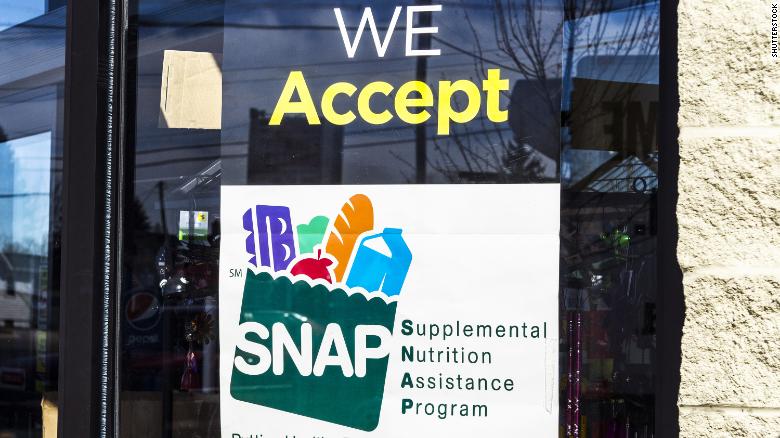The news in early December that the national government is setting new work requirements for some of those receiving SNAP funds (Supplemental Nutritional Assistance Program) came as a surprise to the nation’s counties, who administer the food subsidy program to extremely low income individuals and families.
“It was pretty sensational,” said Chaffee Department of Human Services Director Dave Henson about the news. “This is a hot button. The new SNAP rules are set to take effect April 1, 2020. They’ll basically tighten the waiver requirements that states currently administer. We think nationally 700,000 people will lose benefits.”
Henson explained the new work requirements are focused on able bodied adults without dependents. To continue to receive SNAP benefits, these recipients must document 80 hours of work each month, or 80 hours of work training toward gainful employment. The requirement hits states like Colorado hard, especially it’s rural counties.
“This is an effort to tighten the rules and return to 1996,” (The year that stricter food stamp programs were put in place to rid the country of what the Republican party took to calling “welfare queens”.) “But the real problem is the lack of funding for work programs,” explained Henson. “We have Colorado First – that’s our historic training assistance program. But it is under-funded. Other small and medium programs have combined programs to allow Temporary Assistance for Needy Families (TANF) to subsidize things.”
(TANF is a block grant that provides federal grants for a wide range of benefits and activities. It is best known as the major source of funding for cash welfare for needy families with children.)
Discussing the coming changes with the Chaffee Board of County Commissioners, Henson acknowledged his concern. “As a state we aren’t in a position to help those who need to re-qualify,” said Henson. “ We don’t have robust programs in place for those who will be most affected.”
“I’ve heard the question, if somebody is able to work, and are working to the extent they can where they live– do they still qualify for any sort of subsidy?” asked Commissioner Keith Baker. “Or is it a binary choice – all or nothing? There should be some sort of needs based effort. Like are they building themselves some sort of a resumé, or is the better choice to do nothing?”
“The program requires 80 hours of work contact. That’s employment engagement or work -focused training programs,” answered Henson. “There are people caught in that trap; working making very little. But this is a wage based program, versus an hours-worked base. There isn’t a straightforward answer to the question…the idea is we’ll require folks to work 80 hours per month — trying to focus them to wage earning activity.
Commissioner Greg Felt asked about the number of Chaffee residents who will be affected beginning in April 2020.
Henson replied that the county doesn’t yet know – perhaps 29 people or families. He added that the Department of Human Services also has no idea if any of them are veterans. As the calendar moves closer to the date the new regulations will take effect, he said he hopes to have more information.








Recent Comments